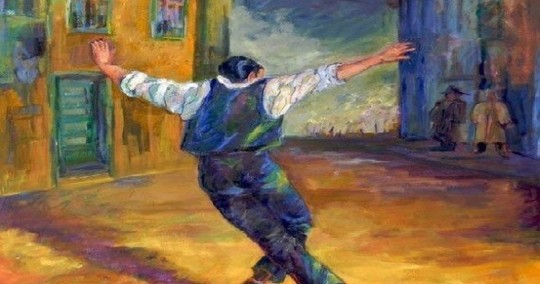
Greece’s rebetiko, a music genre once associated with the outcasts and laymen of Greek society only to become a major part of upper class entertainment and later an important part of Greek music culture was included last week on UNESCO’s 2017 list of the Intangible Cultural Heritage of Humanity as an expression of cultural and historical significance that must be safeguarded for the collective interests of humanity.
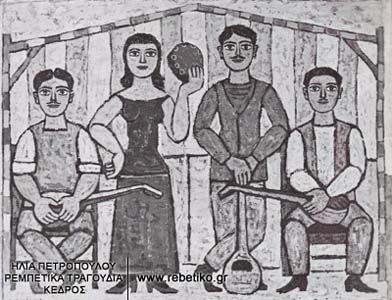
The rebetiko, similar to the American blues and Portuguese fados, is a broad genre incorporating a number of sub-styles and influences. Greece’s turbulent history as well as its geographical location, at the crossroads of East and West, played a decisive role in its emergence.
Born in the Greek-speaking coastal towns of Turkey, the rebetiko was in effect an embellished form of the music of the Asia Minor Greeks, known as the Smyrneiko or Politiko depending on whether it was played in Smyrna or Constantinople (modern-day Istanbul). Here the legendary Roza Eskenazy performs traditional “Dimitroula Mou” (My Darling Dimitroula):
In 1922, the Asia Minor Catastrophe saw the sudden influx of thousands of expatriated Greeks to the port Piraeus, Thessaloniki and into the Greek capital. As a result, Greek music experienced the parallel development of both the Asia Minor song and the rebetiko.
Rebetiko: Music of Outlaws & Laymen
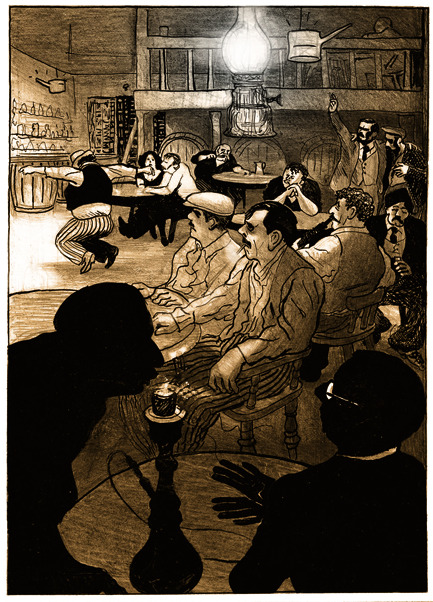
From Asia Minor’s “Cafe Aman” musical idiom featuring an animated mélange of Eastern percussion-based rhythms and vocal acrobatics it moved to incorporate the traditional sounds the Greeks had taken with them from their native lands. The days of wealth and prosperity were over. The Greeks of Asia Minor were faced with a new harsh reality ahead of them. Greece in the 1920s and 1930s was ravaged by war. There were no jobs and people were dying of hunger. Stella Haskil performs “Kaigomai Kaigomai” (I’m Burning Up):
Thus the heavy-footed zeibeikiko (named after Anatolia’s outlawed Zeybeks) and the erotic tsifteteli (belly dance) mingled with the traditional kalamatiano and hasapiko, giving birth to a new music: the song of Asia Minor. Here an audio taste of a sensual tsifteteli with Eskenazy:
In the meantime, underground, behind closed doors, in the hash dens, prisons and ports of Piraeus, Patras and Salonika, one could overhear the weeping bouzouki, the twang of the baglamadaki and the steel-string guitar that had come to take the place of the laouto, oud and fiddle, which held together the traditional demotika. The song of the downtrodden was born: the rebetiko or the “Greek Blues.” It was the time of Markos. Known as the “father” of the rebetiko, Markos Vamvakaris was born on the island of Syros. Markos (photo below) re-invented the genre by stripping it of all the Eastern-style adornments and bringing the bouzouki to center stage.
The Rebetiko: My Song, My Dance
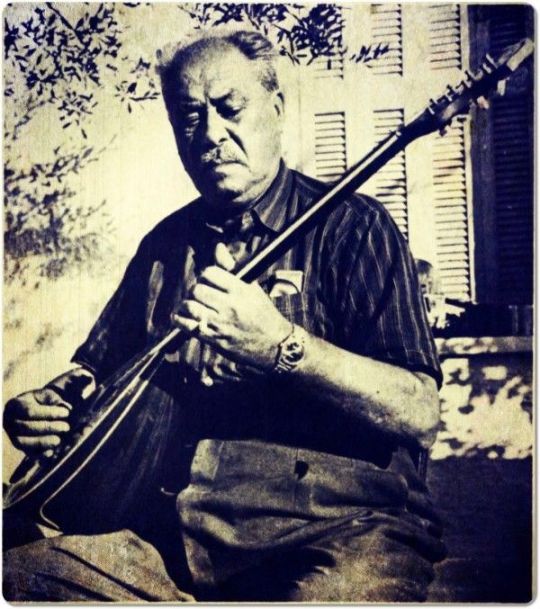
During this time and despite its ban, the rebetiko flourished into a fully-fledged genre and something even greater: it had become a way of life with its own dress and moral codes. The rebetes lived on the fringes of society, did things their way and sang about them. The term rebetiko is said to have come from the word “rebelos” which means rebel. Besides its significance as a music genre that embodies much of Greece’s vast music history, the genre also gained an important ideological role representing the downtrodden, the outcasts and outsiders, the non-conformists.
There were unspoken rules and lyrics with hidden messages. When a song was requested (“paraggelia”) of the band, there could be only one dancer on the stage. On many an occasion, brawls would lead to stabbings or even death if the rule was violated. The notorious case of Nikos Koemtzis is one such example. He stabbed three men to death and served 23 years in prison after his brother got up to dance a song by Vamvakiaris at the historic Neraida nightclub in Athens in 1973.
►This filmmaker uses stop motion animation to bring the rebetiko to life.
Greek Blues: From the Hash Dens to the Posh Parties
The genre expanded even more with contemporary Vassilis Tsitsanis (photo below) who besides being one of the most prolific songwriters also “promoted” the genre introducing in the meantime some the greatest artists in Greek music at the small clubs across Athens where he would perform.
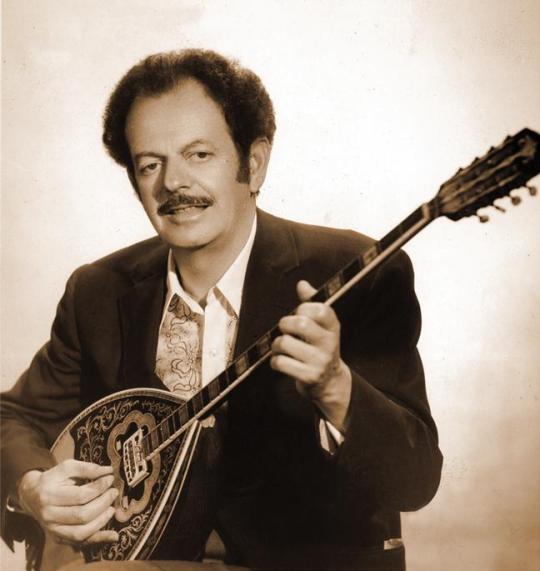
It was only a matter of time before, bouzouki virtuoso Manolis Hiotis added a Western jazzy sound and upbeat rhythm introducing the genre to popular high-class nightclubs. Hiotis also added a string to the traditional three-string bouzouki enabling faster changes and musical acrobatics for which he became known.

The rebetiko later came to express the anxieties of the working classes, paving the way in the late 1960s for the laiko (or popular) genre, featuring a larger band and focusing more on the vocals with lyrics mostly about love lost and social inequality. The immense Stelios Kazantzidis interprets “O Ergatis” (The Worker).
According to UNESCO, the “rebetiko is a musical and cultural expression directly linked to song and dance… open to all and bearers could include any Greek or Greek-speaking person who enjoys this form of music and dance.”
“Rebetiko songs contain invaluable references to the customs, practices and traditions of a particular way of life, but above all the practice is a living musical tradition with a strong symbolic, ideological and artistic character.”
The UNESCO decision was announced during the 12th session of the UNESCO Intergovernmental Committee for the Safeguarding of the Intangible Cultural Heritage (ICH) on Jeju island in the Republic of Korea.
►Where to get the genuine rebetiko experience in Athens.
♫I close today’s post with one of my personal favorite rebetika – “Mes ti Hassapaki Agora” (In the Meat Market, 1947) about a certain butcherboy, music/lyrics by Markos Vamvakaris, performed by the grand dame of the genre: Stella Haskil.
Enjoy!
♪ Photo credits to http://bdrebetiko.blogspot.gr / and http:// filoi-rempetikou.blogspot.gr

